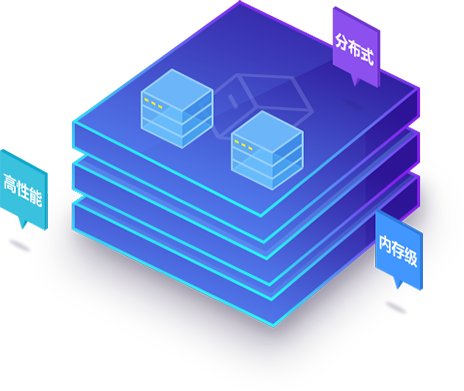

Microsoft Azure is a cloud computing platform developed by Microsoft, which is used to provide the operating system and basic storage and management platform required by cloud online services. It is one of the core components of Microsoft's cloud computing as well as a part of Microsoft's online service strategy. Azure is Microsoft's cloud platform: More and more high-quality services are gathering here to help you speed up your development, improve work efficiency and save operating costs,such as computing, storage, data, networks and applications.




- Customers should focus on their own business transformation, rather than the traditional infrastructure operations of the IT staff self-transformation. Azure's massive compute storage network resources can cope with sudden spikes.
-
Agile-rapid deployment, DevOps integration, providing
stronger support for the business. There is no need to purchase IT
infrastructure facilities, so they are ready to use.
- Economy-Help customers to reduce operation and maintenance costs and reduce business innovation costs by using the advantages of the Azure's scale operation.
-
No need to estimate capacity, avoid over investment
and be flexible. Dynamically adjust cloud service resources and pay based on
usage.
- Customers should focus on their own business transformation, rather than the traditional infrastructure operations of the IT staff self-transformation. Azure's massive compute storage network resources can cope with sudden spikes.
- Agile-rapid deployment, DevOps integration, providing stronger support for the business. There is no need to purchase IT infrastructure facilities, so they are ready to use.
-
Economy-Help customers to reduce operation and
maintenance costs and reduce business innovation costs by using the advantages
of the Azure's scale operation.
- No need to estimate capacity, avoid over investment and be flexible. Dynamically adjust cloud service resources and pay based on usage.
-
Customers should focus on their own business transformation, rather than the traditional infrastructure operations of the IT staff self-transformation. Azure's massive compute storage network resources can cope with sudden spikes.
-
Agile-rapid deployment, DevOps integration, providing stronger support for the business. There is no need to purchase IT infrastructure facilities, so they are ready to use.
- Economy-Help customers to reduce operation and maintenance costs and reduce business innovation costs by using the advantages of the Azure's scale operation.
- No need to estimate capacity, avoid over investment and be flexible. Dynamically adjust cloud service resources and pay based on usage.
- Customers should focus on their own business transformation, rather than the traditional infrastructure operations of the IT staff self-transformation. Azure's massive compute storage network resources can cope with sudden spikes.
- Agile-rapid deployment, DevOps integration, providing stronger support for the business. There is no need to purchase IT infrastructure facilities, so they are ready to use.
- Economy-Help customers to reduce operation and maintenance costs and reduce business innovation costs by using the advantages of the Azure's scale operation.
- No need to estimate capacity, avoid over investment and be flexible. Dynamically adjust cloud service resources and pay based on usage.

Huawei Cloud is based on the Internet field and relies on Huawei's abundant capital and strong research and development strength in cloud computing. It provides many services and solutions to a large number of enterprises and institutions worldwide, including cloud host, cloud hosting, cloud storage and other basic cloud services, supercomputing, content distribution and acceleration, video hosting and publishing, enterprise IT, cloud computers, cloud conferences, game hosting, application hosting and other. Huawei has released a total of more than 100 cloud services in 13 categories. It not only serves domestic enterprises, but also serves a large number of enterprises in many regions of the world, such as Europe and the Americas.




Distributed storage system is adopted for data backup, fast backup and recovery.
Support various data processing and calculation models to meet the calculation requirements of different fields and different characteristics.
Multi-copy fault tolerance, data security worry-free; Massive storage, unlimited space.
Simple configuration, Complete platform, Ready to use.
There is no need to spend a lot of time building and maintaining a computing environment to use compute and storage resources in a service manner.
For on-demand access, pay on demand, then it needs to purchase a large number of equipment.
Through the unified integration of cloud computing, it changed its original management mode,one-to-many manual management mode, to achieve the mechanism of pooling physical resources.
Through the unified engine scheduling of the cloud platform, it realized a unified management portal.
All devices are completely transparent to the user, so authorized users can access space and data anywhere, in any connection to the cloud storage through an access line.
The application is simple and transparent, users do not need to care about many things, such as storage device model, quantity, network structure, storage protocol, application interface, etc.




















